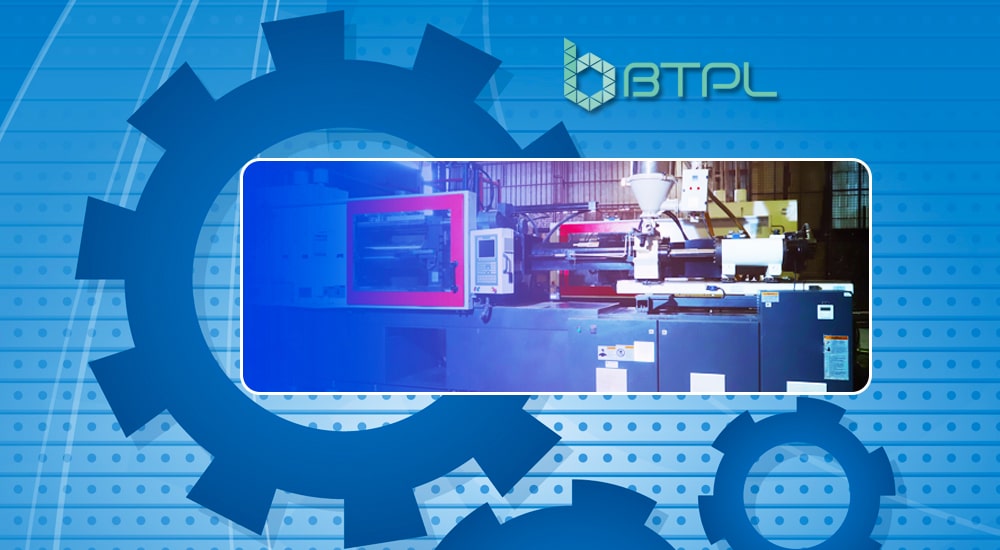
Tools are an integral part of diverse industries, including automotive, construction, aerospace, medicine, and others. Every sector requires tools for various purposes. Screws, bolts, fixtures, moulds, jigs, etc.- tools are the necessary materials for working on a stock piece. Whether you need to assemble or disassemble pieces of products, you cannot do it without using tools.
However, do you know tool manufacturing is a complex process? It involves multiple stages determining its quality and efficiency. A tool manufacturing company in India prioritizes producing high-performance tools through rigorous research and thorough quality checks at every stage.
In this blog, we will learn about the fundamentals of tool manufacturing while delving deeper into the process. Let’s begin.
Introducing Tool Manufacturing
Tools can range from simple portable devices to complex industrial machines. Tool manufacturing involves the process of designing, fabricating, and assembling equipment. These equipment or tools are used for cutting, drilling, grinding, and other purposes.
Tools can be generic or customized. It means they can be used for a specific purpose on various types of workpieces or tailored as per the needs. The kind of tools to be used depends on the distinct consumer requirements. Hence, in the tool manufacturing process, designing is a pivotal element in determining functionality.
Stages in the Tool Manufacturing Process
In the production sector, tools are an imperative asset. It influences scalability, precision, and safety. For example, a simple tool like a screwdriver used by an automobile engineer must be of the best quality, possessing superior precision and material consistency for enhanced results.
Now, what happens in tool manufacturing?
- Plan- The planning stage basically involves the designing of the tools. The design team ensures that a tool must deliver ultimate functionality while complementing the needs of a particular task. It is the most crucial phase in administering the performance capability.
- Material- Steel or aluminium- which metal will optimally suffice the purpose? Choosing the ideal material is a crucial aspect of evaluating the tolerance, durability, and strength of the tool. For example, aluminium alloy is suitable for garden forks, while steel is used for making hammers. The material you choose will affect the efficiency of the tool.
- Production- Tool manufacturing companies employ a variety of techniques to produce precision tools. These primarily involve machining and finishing. Sometimes it is necessary to assemble complex tools. At every stage, a quality check is indispensable to ensure there are no flaws in design and grade. Every piece is individually inspected to derive impeccable results.
- Packaging- Next comes the packaging and storage of the tools. Newly manufactured must not be exposed to moisture and other chemicals. They are packed and stored safely to avoid the risks of damage.
- Distribution- Finally, it’s time for transportation and distribution. The tools are securely distributed through various channels so they promptly reach the consumers.
Conclusion
Today, tool manufacturing is an entirely automated process. At Bindal Technopolymer Private Limited, we employ innovative technologies and advanced machines to craft precision tools of the highest quality. Our tools ensure enhanced functionality, improved safety, and enduring performance. We manufacture and deliver tools for various requirements across multiple sectors. Adhering to strict quality standards, our engineers are dedicated to providing you with matchless outcomes as you scale and grow your business.





